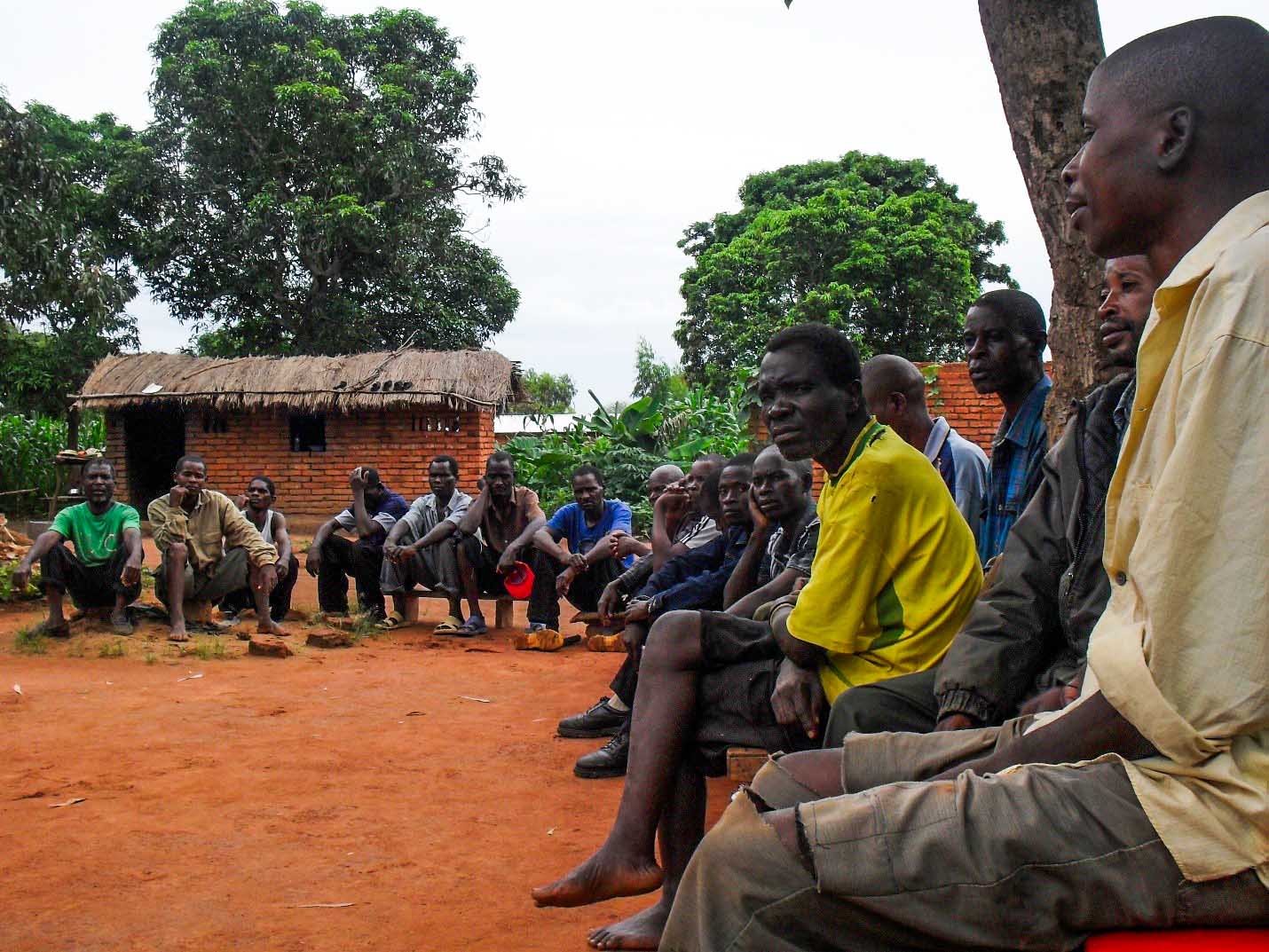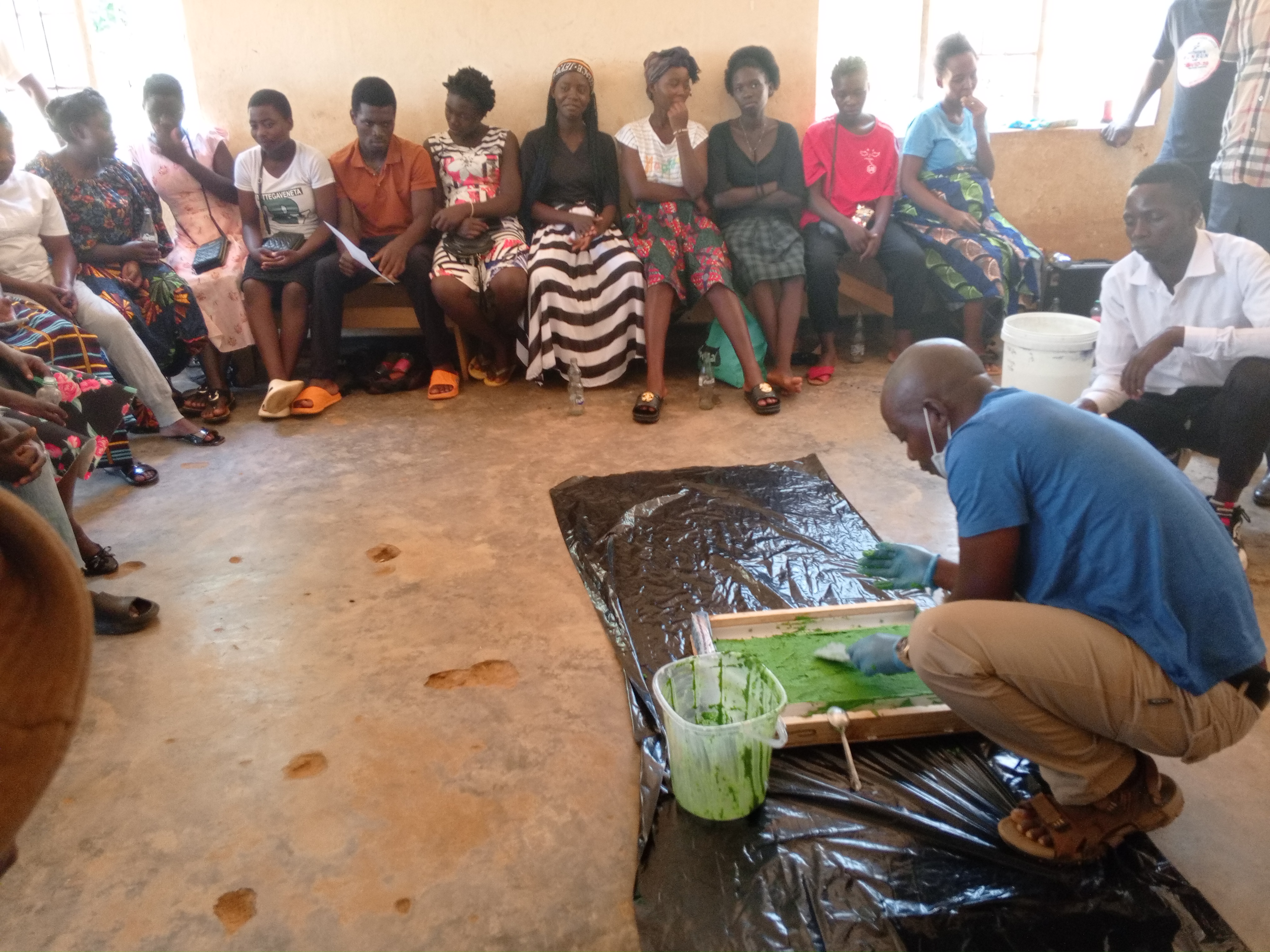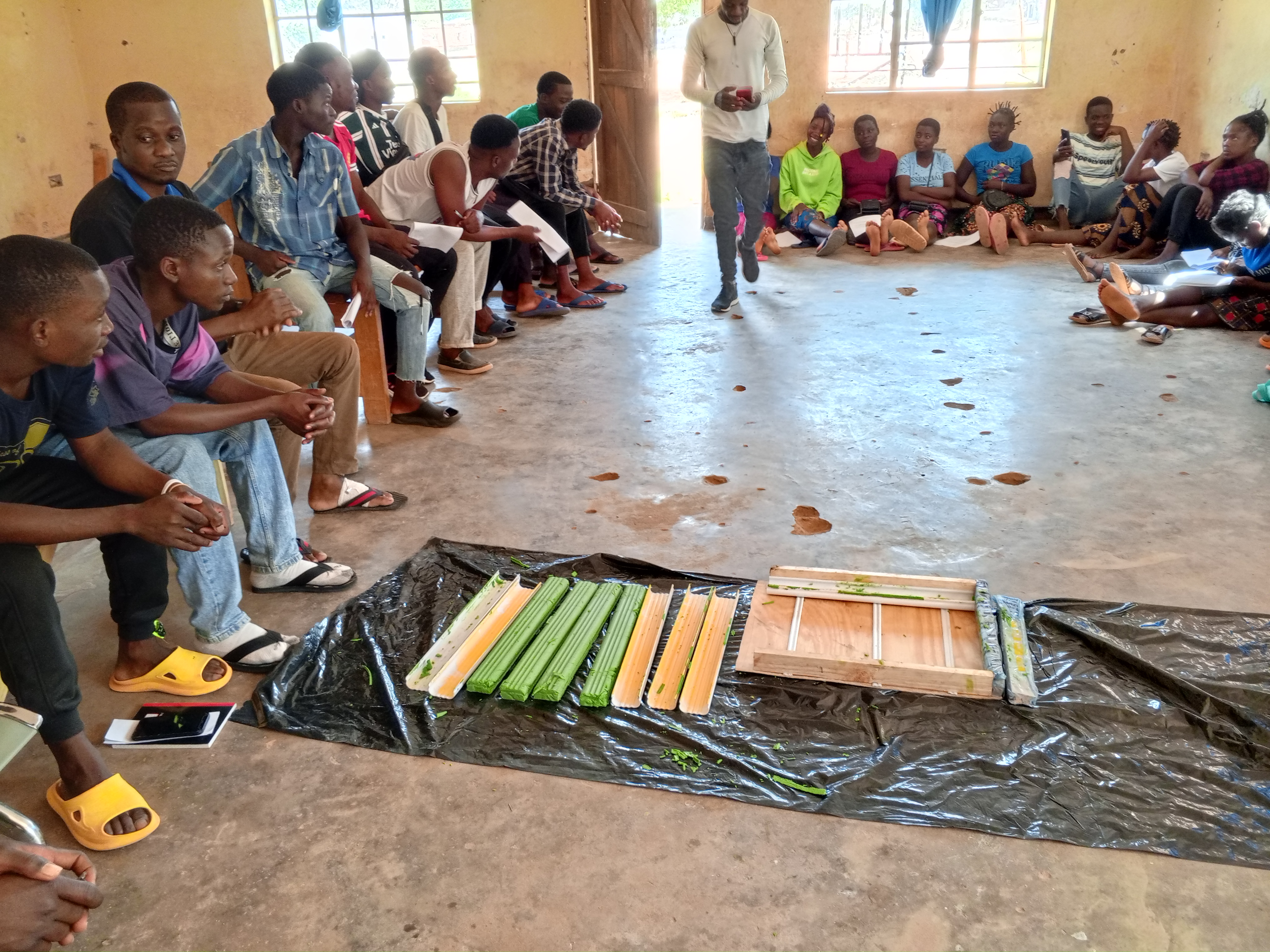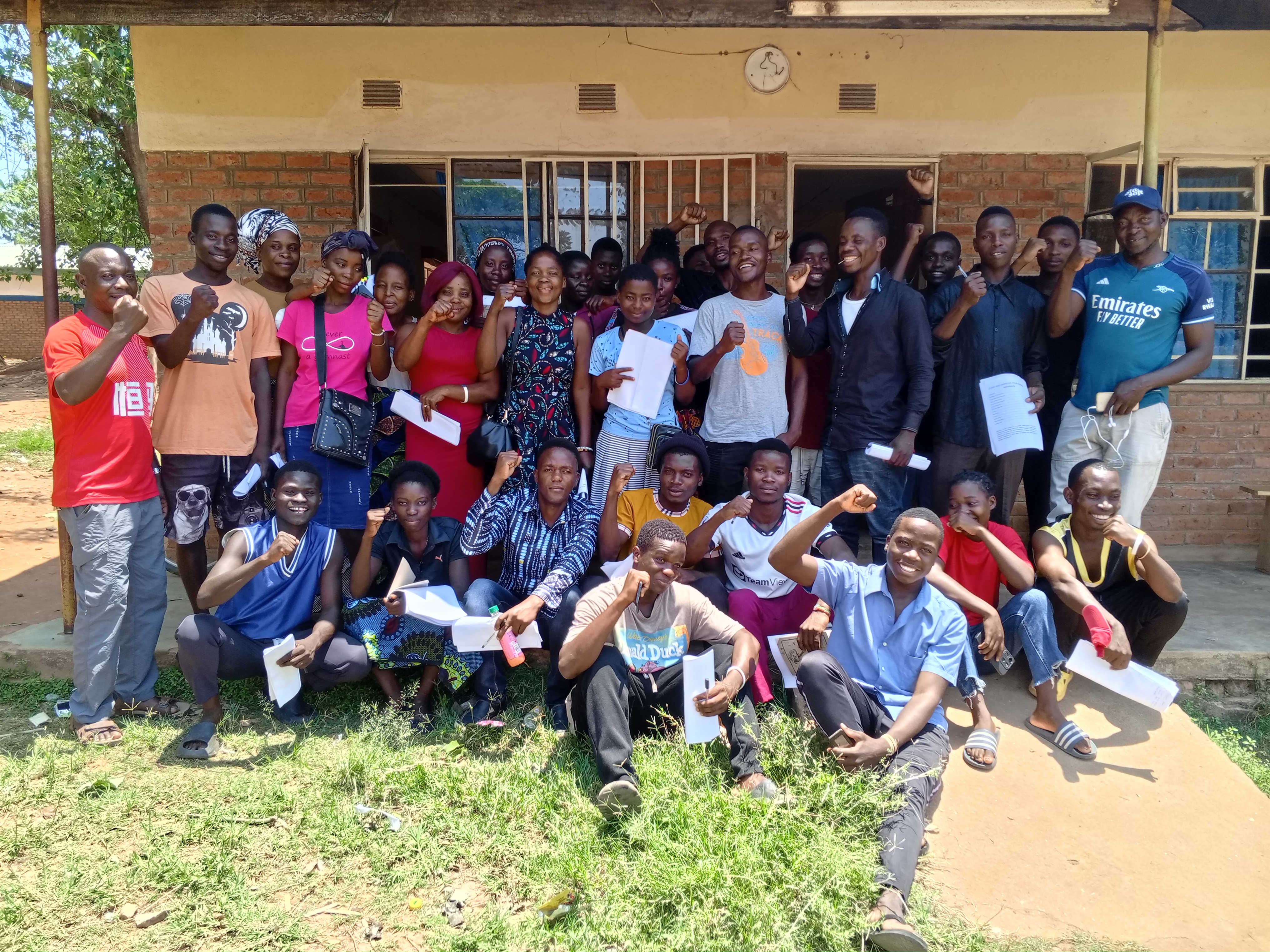Our Approach
- SOAP believes in the Bottom – up Approach
- People affected by the problem suggest and implement their own solutions.
- The belief that true change occurs only when underlying systemic forces are understood and addressed.
- SOAP defines sustainable development as collective action from the bottom-up challenging the status quo, demanding changes in policy and practice, educating communities about root causes and advocating for systemic, just and equitable solutions.
- SOAP approach is a Bottom –Up, encouraging active participation by beneficiaries in identification of own problems, potential projects and community resource contribution to address the problem.
- A bottom –up approach encourages local people to replace the heavy reliance on top-down approach and hand out mentality. This strategy has guided SOAP to identify the key interventions it implements.
What we do: Society for the Advancement of People is working in: Health, Human rights, Food Security, Environment, Human Development, Good Governance, Women Empowerment and Education.
SOAP Theory of Change
SOAP wants to strengthen the voices of the vulnerable groups and their communities to stand up and demand their human rights. We want to help the vulnerable persons recognize their power. We want the vulnerable groups along with their communities champion their own cause. We believe that if the vulnerable groups voices are strengthened, this change will lead towards a community that allows every vulnerable person children, women, people with disabilities enjoy their human rights and their potentials developed to the fullest!
The changes will be achieved through capacity building and promotion of human rights, democracy, and good governance. The change will also be achieved through community mobilization, advocacy, access to information, networking, collaboration with strategic partners and supporters. Furthermore, we hope to achieve our envisioned change through provision of social and economic support by developing programmes that delivers services in areas of community health, early childhood development, provision of maintenance to Orphans and sustainable agricultural practices. Accountable and transparent internal organizational systems such as human, financial, resources mobilization, physical (material) and responsive leadership and management will strengthen our capacities to deliver the change we espouse.
LIST OF PROJECTS

The picture above SOAP orphan and other vulnerable children program

This pictures above shows SOAP Early Childhood Development program supported by Firelight foundation. A visit by UNICEF Team.

Picture above depicts one of our food security programs

The picture above shows SOAP Orphan Care Education support program supported by Orphan Support Africa (OSA).

The picture above shows team of community members conducting community scorecard exercise on government development programs supported by European Union facilitated by MANASO Office.

SOAP Food security program at GVH Kangadadzi .

The picture above shows women empowerment monitoring effectiveness of government development policies .

The picture above shows community engagement meetings with local leaders on effectiveness of development policies of government benefiting poor people in rural areas.

The picture above shows soap production taking shape after processing it

The picture above shows final product of soap of the training program

The picture above shows business management training participates.

The picture above shows all participates of soap production training
Strategic Direction
The organization strives to work on the following thematic areas:
- Education
- Child Development and Advocancy
- Gender based Violence
- Good Governance
- Human Rights
- Food and Nutrition
- Health
- Human Development
Since its establishment, SOAP has been operating in Mzimba district in the northern region of Malawi. The organization’s constituency and scope transcends across people of all ages, sex and class including sex workers, people with disabilities and people affected and living with HIV and AIDS, however, its key focus is on youth and women.
The project support people living with HIV virus to have health bodies and live positively in their homes. This includes distribution if nutritious foods in form of beans, rice, cooking oil, salt, sugar and maize flour. At least 30 youths were also undergone capacity building training workshops. The purpose of the training was to impart knowledge and skills in HIV/AIDS, early marriages and STIs.
The organization supported 30 needy orphans with education support such as school fees, shoes, uniforms and pocket money. This has helped other serious student
to pursue their education. At present one young needy orphan is a teacher at St Monica within Enukweni Zone, while the other boy is doing business administration in Lilongwe through the effort of the organization.
Construction of resource Centre and Organization office has helped a lot the organization work properly in the area where it operates than before. Previous it had some challenges to have a place where they can meet and share issues, but at present, things are being made in an orderly manner than before. Provision of vocational skills in carpentry and tailoring has helped 10 needy youth to start leading a life of self-reliance than before where they were always depending on the help from other well-wishers. This made their life difficult to live. So far five young people are doing their business at Enukweni trading centre.
|
This project was aimed at building the capacities of grassroots people to advocate for their rights from the rightful duty bearers. The main issues in this project was to look at how the service providers, government institutions and other stakeholders implement, develop, design and monitor all development policies of the government of Malawi. Research showed that most of the grassroots people are not involved in the implementation of these polices rather be just beneficiaries. Currently, there is some progress being made whereby people in the area are able now to know their rights and responsibilities than before, this includes where to report to, and how to approach the right person in order to get the help in time. |
Through the distribution of chickens in some vulnerable households, caregiver are now able to look after their children well than before as they are able to find
means of getting funds to meet the needs of children in their families. They sale chickens and also eggs to buy domestic needs. Plastics papers were
distributed to those who had nowhere to keep their chickens as one way of protecting the chickens from dying.
29 child protection committee members have trained on issues of child rights and protection in communities around Enukweni. The purpose behind this was to ensure that orphans other vulnerable children are well protected from any form of abuses in the where the organization operates. Currently issues of child abuse have decreased than before because of this initiative.

